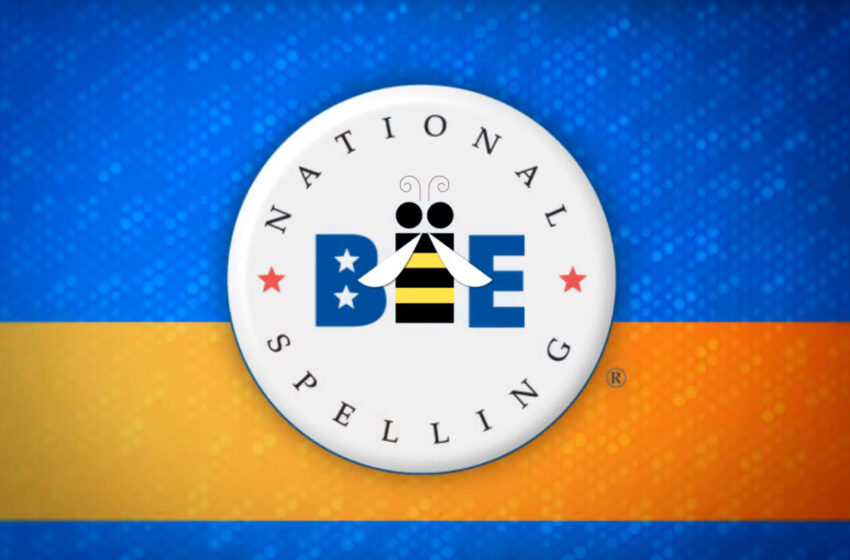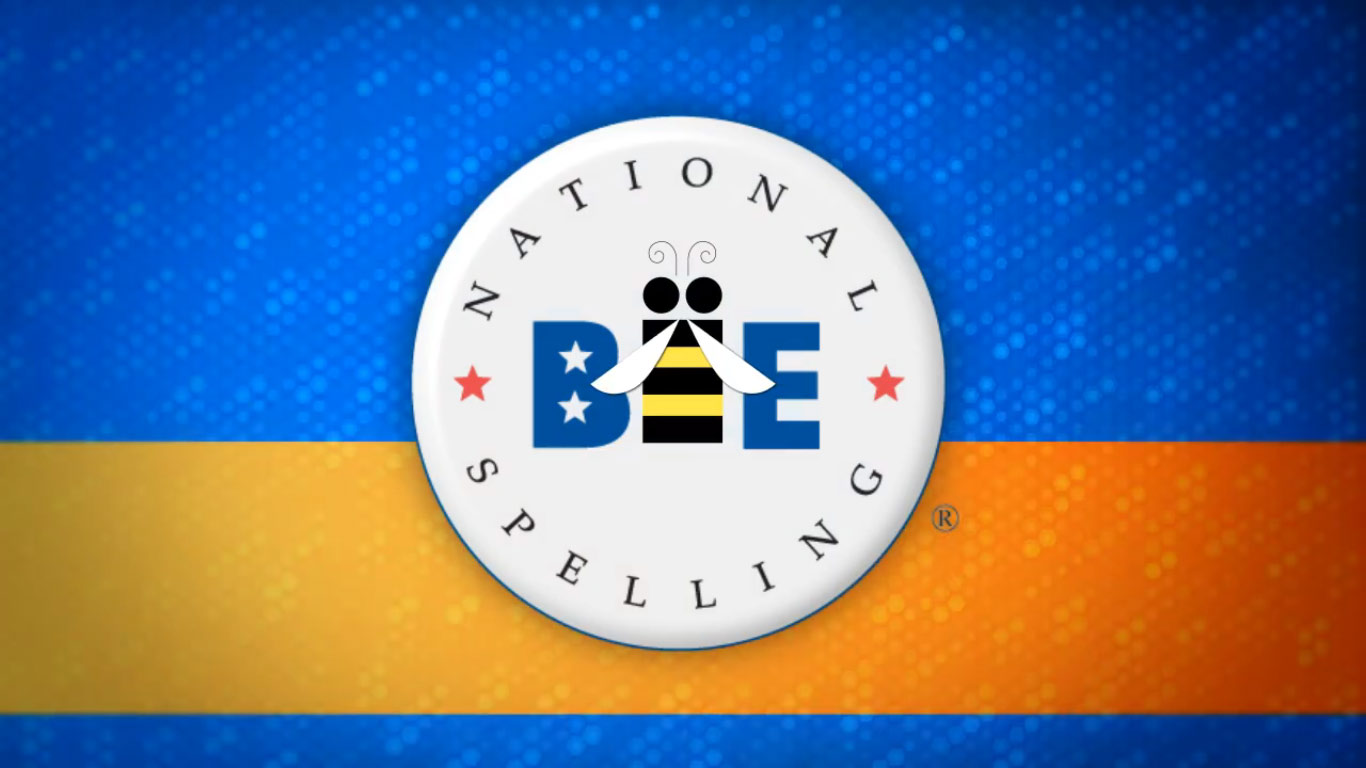What drives desi dominance at Spelling Bee?


Peer pressure, prodigy kids or popularity? The American Bazaar delves deep into the desi bee phenomenon
Another year, another Indian American spelling bee champion! The moment when Dev Shah, a Largo, Florida teenager picked up the trophy as the winner of 2023 Scripps National Spelling Bee Contest, would inevitably be etched in his memories for a lifetime.
But for many other Indians around the globe, watching the 2023 results may seem like a major déjà vu moment. After all, Shah is only one of the 27 Indian American kids to win the national spelling bee contest!
READ: Dev Shah is National Spelling Bee champion (June 2, 2023)
The prestigious contest with its 90-year-history has been celebrating academic excellence in the United States for decades, but since the late 2000s, Indian Americans began dominating the spelling circles.
Interestingly since 2008, there has not been a single year that an Indian-origin kid has not won a title at the national spelling bee.
But as year-after-year young Indian origin kids show newer zeal to spell everything from ‘psammophile’ to ‘moorhen,’ there seems to be a growing dialogue about the desis’ fixture with competitiveness.
So, is it a prize-fight that drives thousands of desi kids to befriend the dictionary or is it the whiz kids who get to go to the coveted podium? Is excelling at the spelling bee about consistency, hard work or much more?
Turns out the preparation for the bee is nothing short of an advanced approach where even 8-year-olds are using excel sheets with macros and fetching online references.
Connecticut based educator and programmer Vinita Kumar, who helped train a state-level spelling bee champion recently says, “The kid I was training was all of 9-years-old and he already had set up a reference online dictionary.”
Read: Indian American teen Harini Logan wins 2022 National Spelling Bee in lightning round tiebreaker (June 3, 2022)
“He also had many PDFs and was using excel sheets with macros. Since he was doing it manually, it was very time consuming for him and I helped him do that through code.”
On whether it is the hard work or an extraordinary ability that makes kids excel at spelling bee, Amita N. a former spelling bee contestant says, “I was definitely not a prodigy or anything.”
“I did well and reached regional rounds but most kids I spoke to were definitely straight A students. They weren’t these wonder kids but yes, most showed self-motivation.”
While Indian parents take great pride in their kids’ achievements, another looming factor that is often discussed remains that parents push their kids towards competition and are very often the reason why most Indian kids think about participating in a spelling contest.
Ankita Punjabi, a tutor and a mother of two who has closely worked with kids who have gone on to win at county and state levels says, “Not all kids can make it. I admit my own kid would not be able to go through that level of dedication.”
“The kids I have worked with are no longer just cramming words. They are using advanced technique and automating words, origins and their meanings. It is a very disciplined approach.”
The factors that most educators say that made a kid excel remain consistency and focused approach. Amita shares, “One of the kids I worked with even had his winning speech prepared for nationals even before he entered the first round.”
Educators also say that often working with kids has been an eye opener. Vinita Kumar says, “I always felt that spelling bee was dominated by Indian parents forcing their kids for some fame and trophies.”
Read: 14-year-old Dev Shah of Florida wins Scripps National Spelling Bee with final word ‘psammophile’ (June 2, 2023)
“But when I met the kid I trained I was pleasantly surprised to see that it was his sole ambition and he was the driver,” she says. “However, I won’t deny the kid was obsessive and it felt as if he was not enjoying other things like sports etc.”
Academics agree that it is sad when kids are forced into it. Amita says, “The interest to do it should be from within. While some kids are motivated, others want to do it because it is their parents’ dream goal. It is sad if a child is forced into it.”
